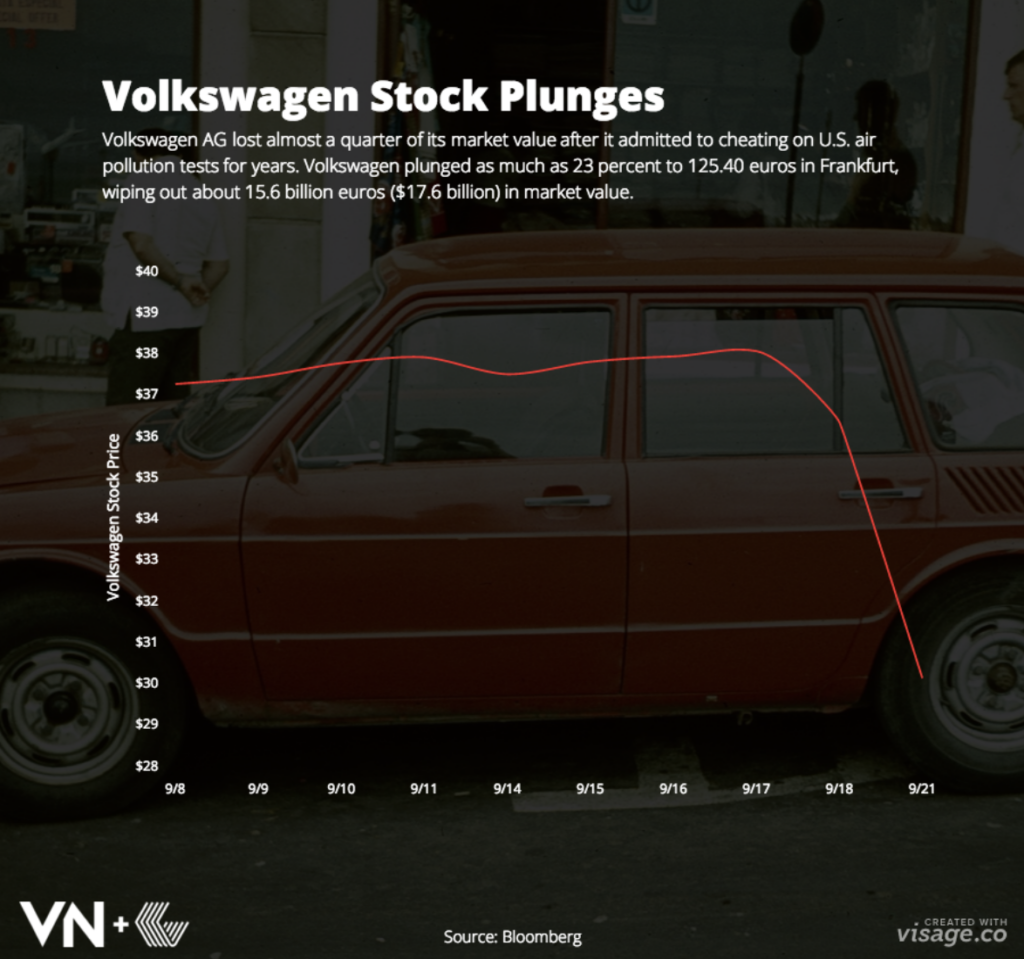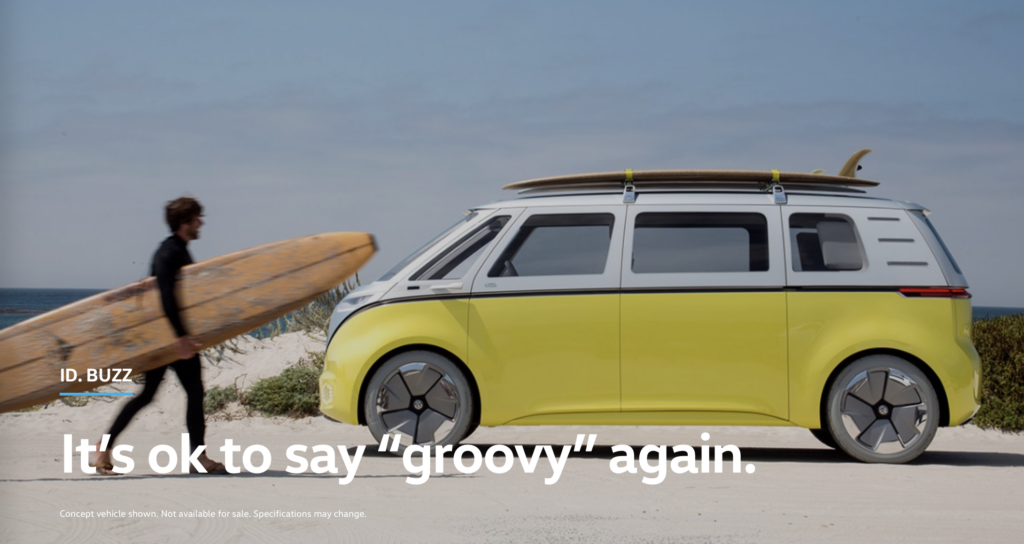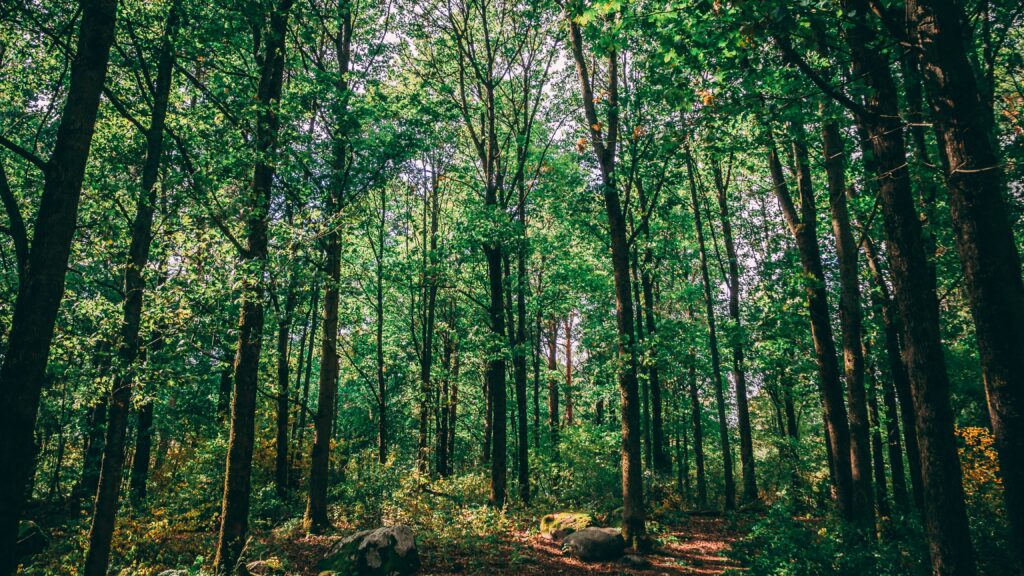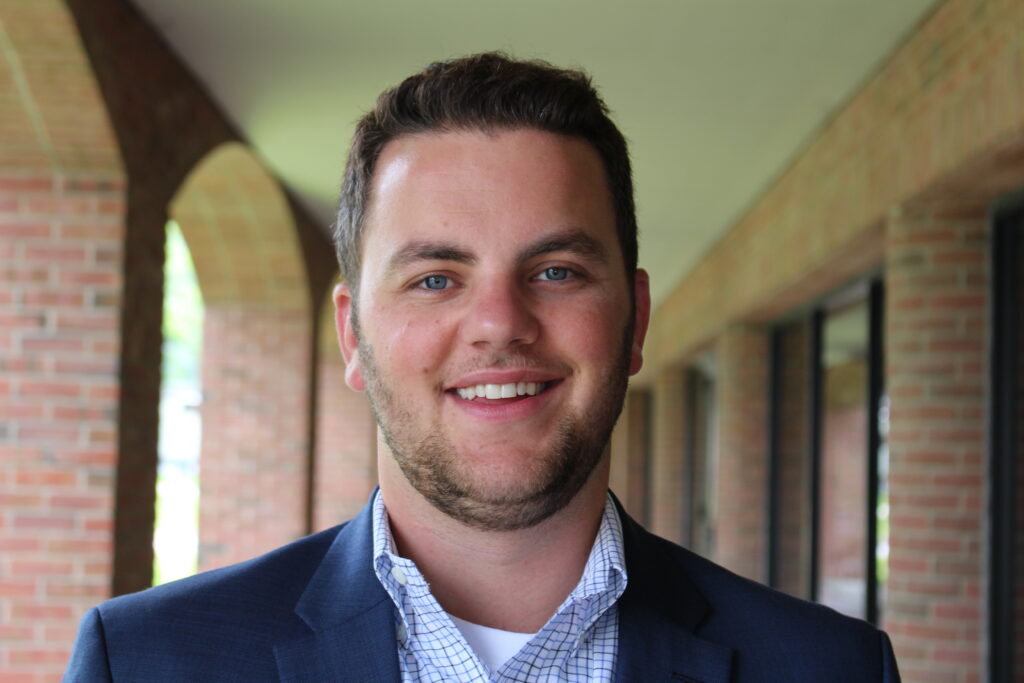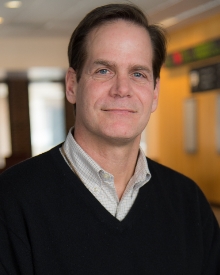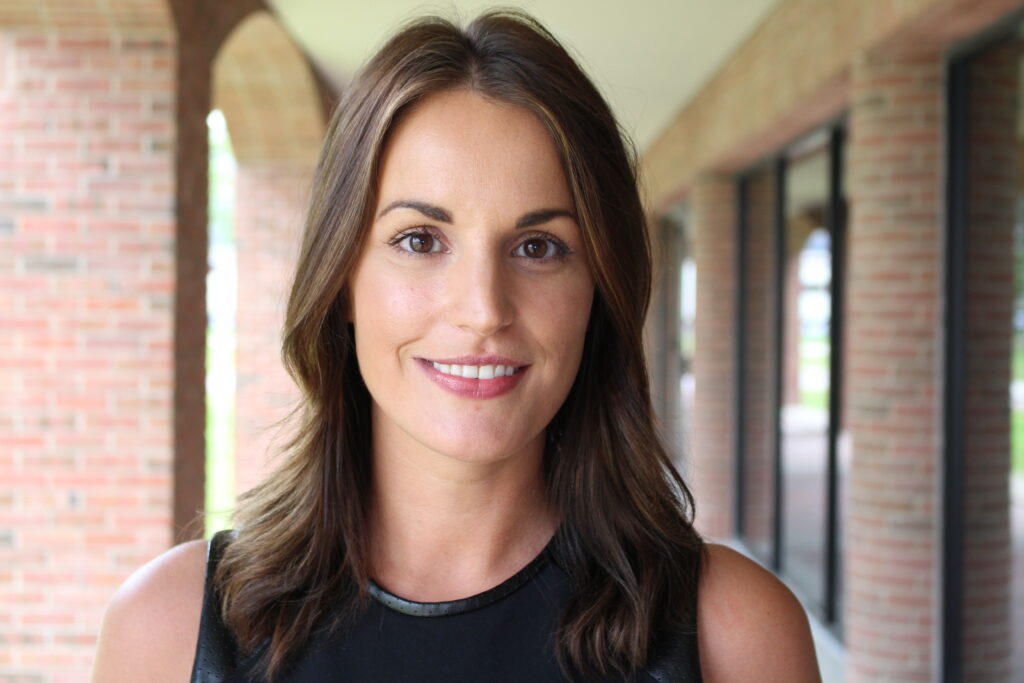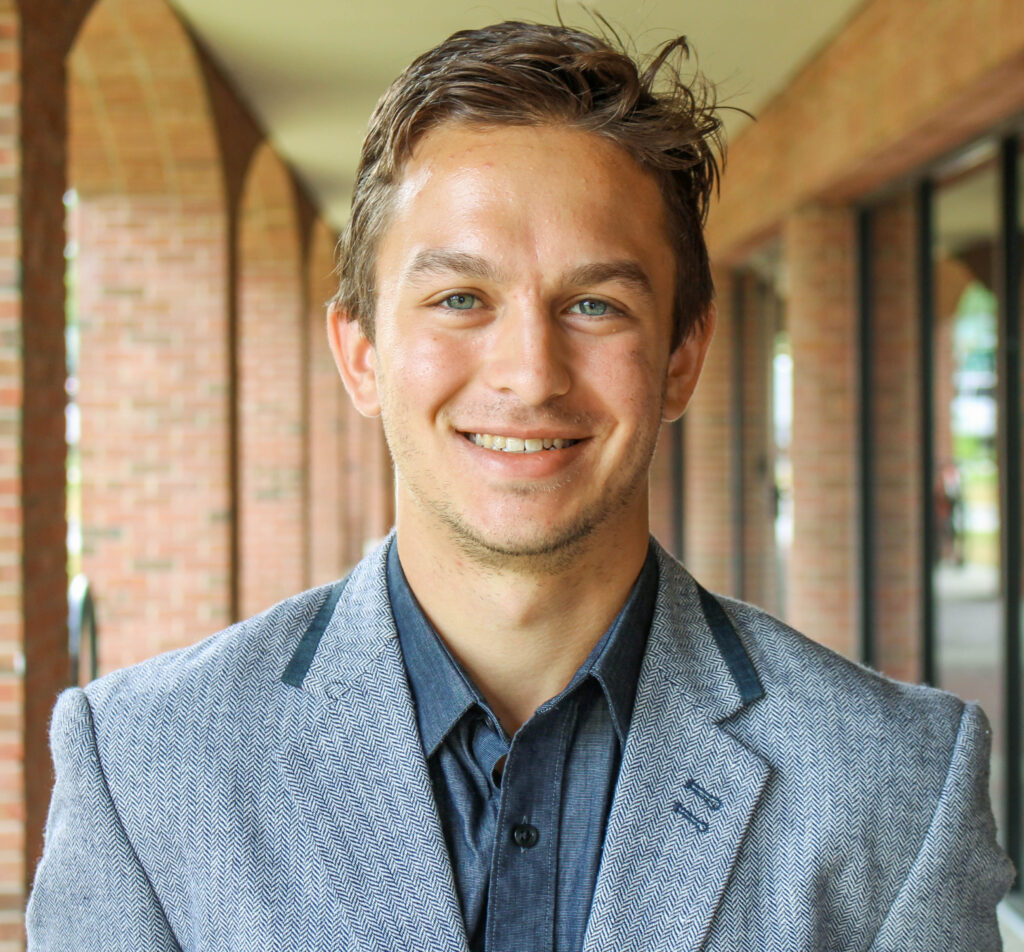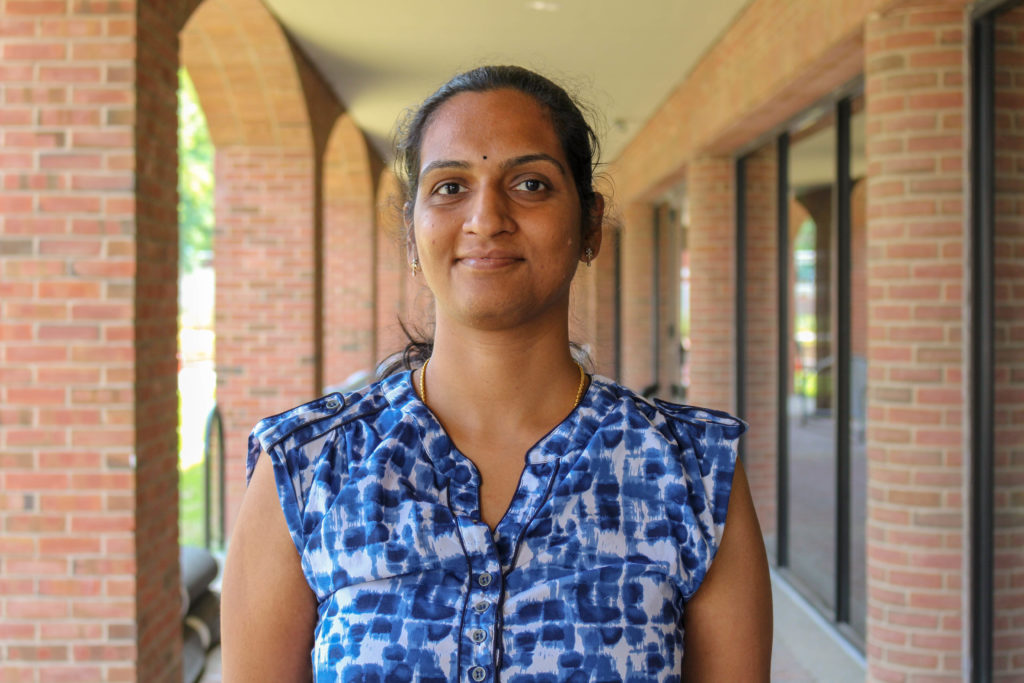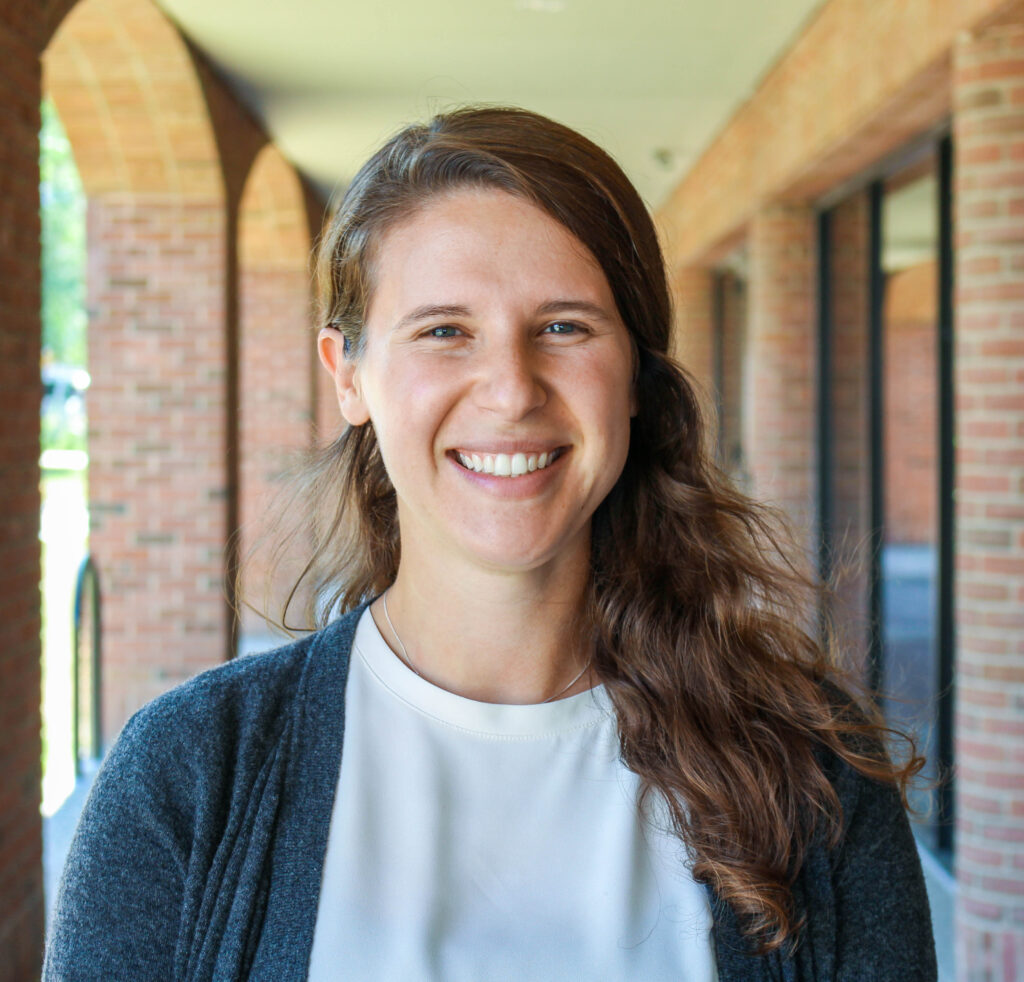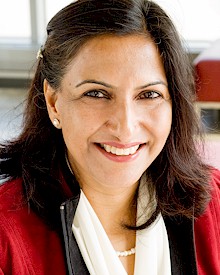This post was written by Sara Farnsworth ’20. Connect with Sara on LinkedIn
As the only mother in the Class of 2020, I’d like to take this opportunity to reflect on a key skill needed to achieve holistic success throughout the program —”Balance.” I came to The Sustainable Innovation MBA program after some 20 years in the work force, where I have worn many hats, from catering to property damage repair and managing a business. But, my most important job is that of Mom. What is it like to be a single mother and dedicate myself to earning my MBA? It’s about Balance.
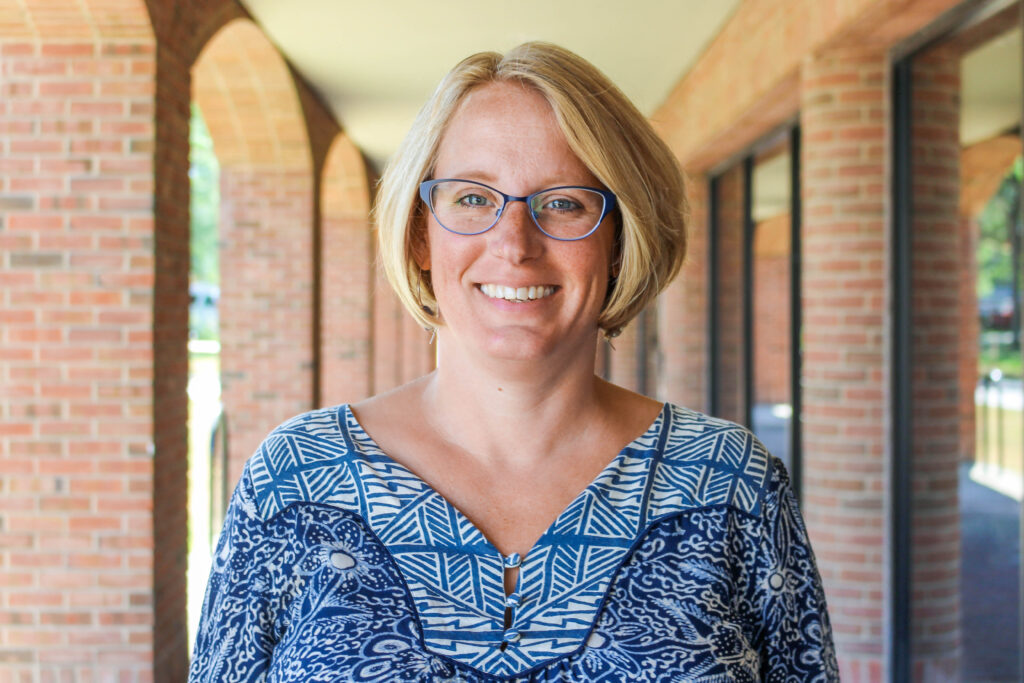
The program has taught me that balance is about setting healthy boundaries and managing time effectively. A challenge that arose for me was making choices between desiring to be out socializing and networking with classmates vs. spending time with my two boys. While, instinctively, the choice is easy for me — Mom duties always come first — I have come to learn that it is also important to build rapport and develop relationships with teammates as a way to cultivate team cohesion.
One of the important skills I’ve practiced in the program is simply being present. When I am at school, I am in MBA work mode; when I am home, I am in Mama mode — and, so forth. After riding the bus into town with my kids and dropping them off at their campus, I make my way to Kalkin Hall. These moments of walking up College Street are full of reflection, peace and planning. These “quiet” moments are scarce so I really cherish the morning light and walking to the Grossman School at UVM. I arrive to school a few hours before class to work while my mind is fresh. I find my time in the morning prior to the start of classes, getting assignments completed and focusing on readings, has been incredibly helpful in achieving balance.
Furthermore, I generally work through the 90-minute lunch break we are allotted each day, and sometimes stay until 5:30 or 6pm, to ensure I am getting my schoolwork done. My goal has been to ensure that when I leave the building for the day and scoop my children from their afterschool activities, I’m ready to be Mom –- fully. I find that through my life experiences, I can contribute meaningfully to others’ learning, while I also am learning from others. Through all of this, I find time to be at home to make dinner with my kids each day, to help them with their homework and reflect on their day. When I am at home, my job is Mom.
When it comes to social activities among the cohort, I pick and choose wisely, generally participating in group potlucks that enable me to bring my kids. My kids have also been learning through this program and have watched me to ensure I am maintaining our life and home, while pursuing my dream of achieving an MBA. My children have met my fellow classmates and have learned and grown through their interactions. This program is positively affecting our lives.
I won’t say that it’s easy to create balance, but it is so important to my mental health and well-being to recognize when things are not in balance and making changes so that I am able to feel at ease with the pace. This program has been wonderful for my two sons and I, and I have the utmost confidence that I have made the right decision in joining this program, and it will positively affect their lives in addition to my own. They see me working hard and dedicating myself to my studies, while enjoying the benefits of the Mom they have always counted on. The balance is what will get me to the day of graduation and will propel me toward all the goals and dreams I have following the completion of this program. I hope that my sharing of my experience of being a part of The Sustainable Innovation MBA program may influence people of all walks of life, from all circumstances, to consider the program, as with diligent balance and a positive “can-do” attitude, one can be successful in the SI-MBA program.
I’m so happy to be a part of the SI-MBA class of 2020, and I look forward to what is to come, with a full heart and hands ready to change the world.

